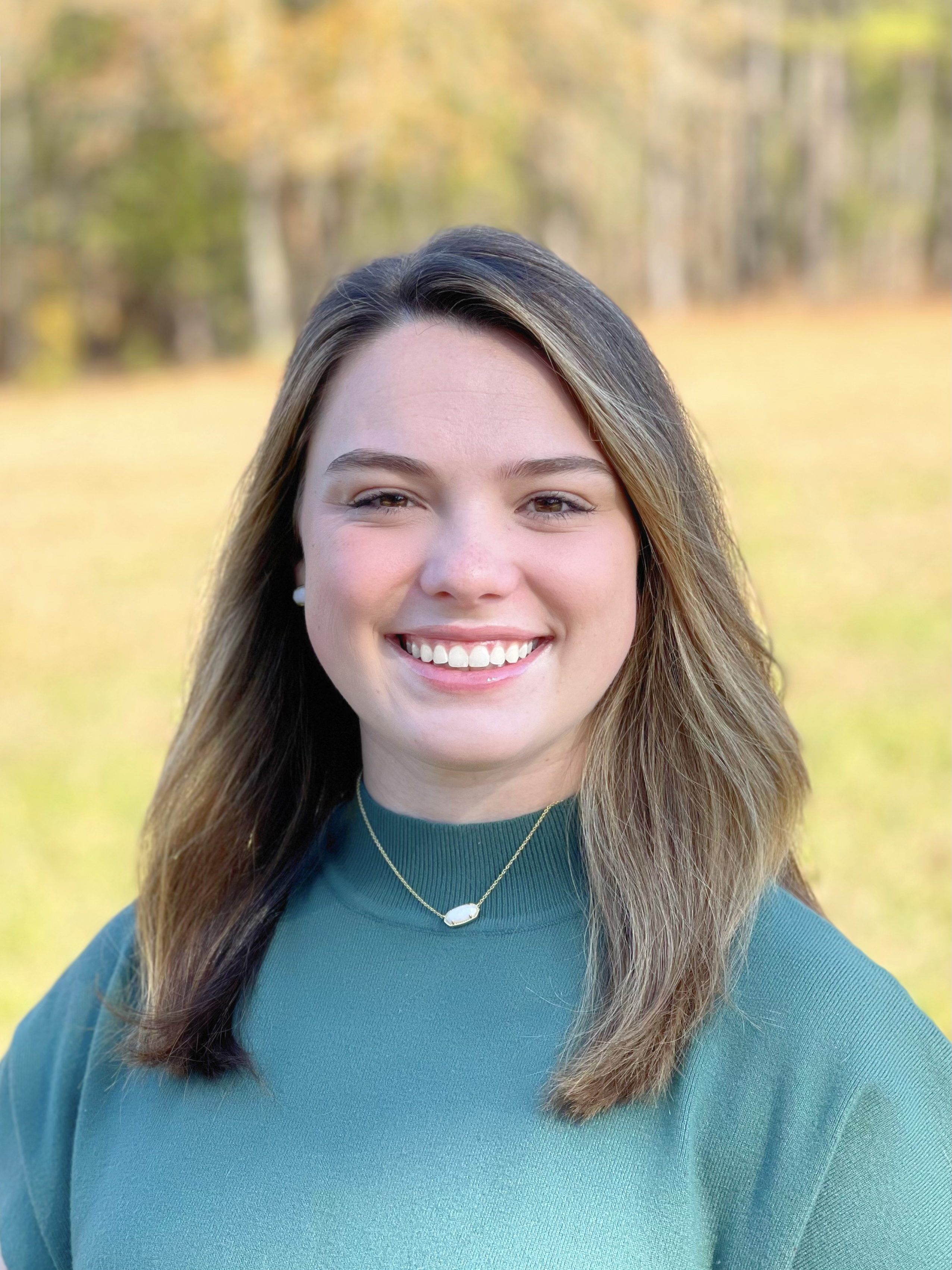Student Stories
Biosystems Engineering Research Story: Alison Boardwine

Alison Boardwine
Biosystems Engineering | Bioprocess Engineering Track
What research did you complete and who did you complete it with?
I completed research in the Ecotoxicology and Risk Assessment Laboratory with Dr. Tham Hoang through the School of Fisheries, Aquaculture & Aquatic Sciences. For the past two semesters, I have worked on researching the toxicity effects of micro/nano plastics on aquatic crustaceans as well as analyzing heavy metal contents in sediment samples of the Great Lakes.
What motivated you to participate in undergraduate research?
I was interested in a learning experience in a laboratory setting and getting involved in long-term projects, particularly involving animals to fit my future career plans and interests.
There seem to be a variety of ways to seek and secure research positions. How did you find this opportunity? Are there resources you found particularly helpful?
I found this opportunity through the College of Agriculture’s email list, This Week on Ag Hill. This is an extremely helpful resource for students with not only research opportunities, but also full-time, internship, and co-op positions made available to Biosystems Engineering students through the College of Agriculture. Under research opportunities, it had a brief description of the responsibilities and requirements of the student and Dr. Tham Hoang’s contact information. I reached out to him expressing my interest with my resume, references, and transcript and then a brief in-person interview followed.
Tell us about your research experience. What types of tasks and projects did you engage in? Was there a particular part of the experience you learned the most from?
Starting last summer, I became primarily involved in performing acute toxicology and organism accumulation and depuration tests of environmentally realistic microplastics on aquatic crustaceans. I was trained to use a variety of scientific instruments and microscopes to analyze these types of samples in order to measure and characterize the microplastics. I have had the opportunity to collaborate with a postdoctoral researcher on writing a scientific paper for these findings to be published early next year. I also have the opportunity to participate in campus research symposiums as a student poster presenter and speak at a scientific conference next spring to present this research.
Another long-term project I have been a part of is analyzing sediment samples from the Great Lakes. I prepared these sediment samples and put them in solution to later be analyzed. This data will show the heavy metal contents of the lakes at various water depths and locations in order to maintain adequate surveillance for environmental researchers in the area.
I am a member of Dr. Hoang’s field research team where we made a trip to collect water samples from various locations down the Alabama River from Wetumpka to Mobile. I have really enjoyed working with graduate students and assisting them with their areas of ecotoxicology research to learn from them.
In what ways did this research experience help you prepare for your next steps after Auburn?
This experience has prepared me in understanding how a functional research laboratory is run and managed. I have had exposure to many ecotoxicology fields of study, scientific instruments, data analyzation methods, and scientific writing. I now feel like I have a strong understanding of the scientific method and taking a project from the start of a research question to the conclusion with revisions along the way. Additionally, working with academic professionals and other students has been an extremely valuable experience for me in terms of my communication skills that will no-doubt help me prepare for my career after Auburn.
In what ways did your coursework or other experiences at Auburn prepare you for your research? Are there specific topics or skills you learned from classes that you put into practice?
I found that statistics is a major aspect of data analyzation in scientific research so having a basic understanding of that for me to build upon when working was a very beneficial learning strategy for me. Writing lab reports for my bioprocess engineering classes was a very helpful experience for me when we started working on a scientific publication for the microplastic research. I am frequently asked about my thoughts on research methods or writings and having that experience of reviewing articles and writing lab reports in my classes help me to communicate effectively and professionally.
Do you have any advice for other students looking for research experience like yours?
I would absolutely recommend getting involved in undergraduate research during your time at Auburn. There will be multiple opportunities where professors come to your classes to talk about their research or research positions will be listed in college newsletters, like how I found my position. Do not be afraid to reach out to professors or apply without having any background experience in the area of study. In my experience, most professors are more than willing to teach students who are eager to learn and there will be support for you when you start your new position. I have absolutely loved my experience in undergraduate research, and I hope you get involved and find a research area you are passionate about too!

